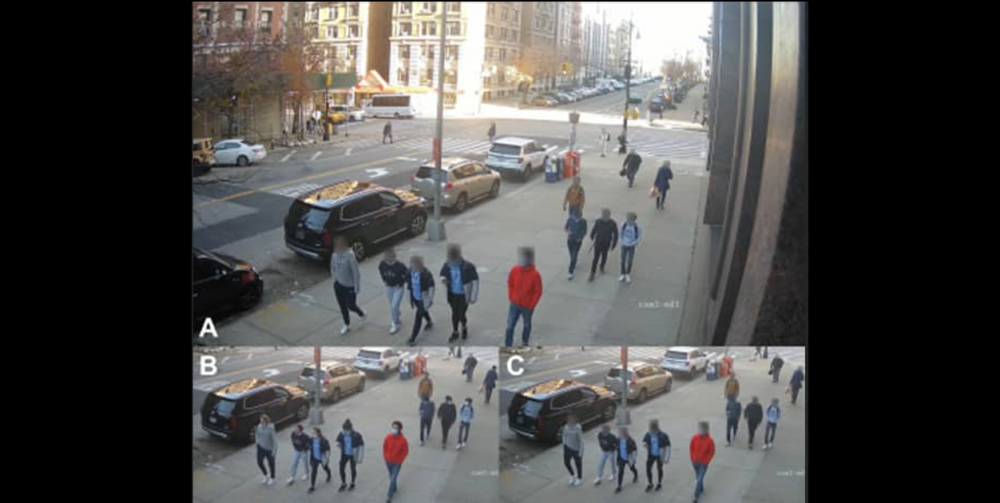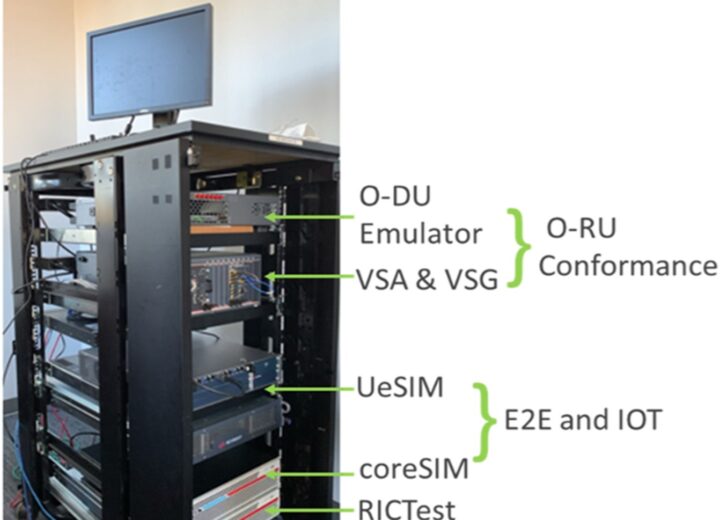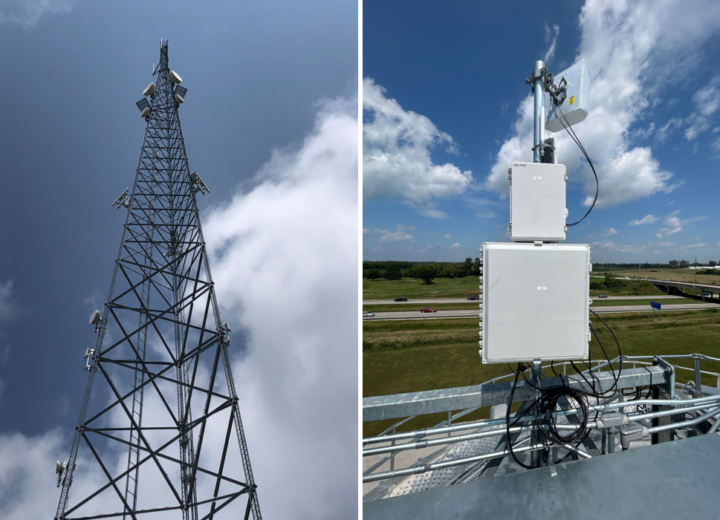
COSMOS Team Lands Lead Role in New NSF Engineering Research Center for Smart Streetscapes
The NSF has awarded a $26M grant to five universities for a new Engineering Research Center for Smart Streetscapes. Among the awardees, Columbia Engineering will take the lead role in the project, using COSMOS as its main experimental platform for testing streetside wireless and high-performance edge-cloud technologies. Other academic partners on the team include Florida Atlantic University, Rutgers University, University of Central Florida, and Lehman College.
The goal of the new research center is to “address unmet needs in road and public safety, traffic efficiency, assistive technologies, outdoor work, and hyper-local environmental sensing.” In addition to the five participating universities, the project includes more than 80 non-academic stakeholders, including partners from the private sector, community organizations, local governments, and K-12 schools. Initially, researchers will study community-specific requirements for smart streetscapes. They will then use the results of that study to run pilot projects in New York, West Palm Beach, and New Brunswick, NJ.
The COSMOS team has spent years conducting research on traffic and smart intersections through the Platforms for Advanced Wireless Research (PAWR) program. Recently, the team published anonymized videos taken at the intersection of 120th Street and Amsterdam Avenue in New York in order to demonstrate technology that automatically blurs faces and license plates in a video stream. Faces and license plates were anonymized with Gaussian blurred areas defined by bounding box detection coordinates.
The new Engineering Research Center effort will build on existing research supported by the PAWR COSMOS platform, and on the team’s outreach program with K-12 educators in Manhattan, Queens, and Brooklyn.



